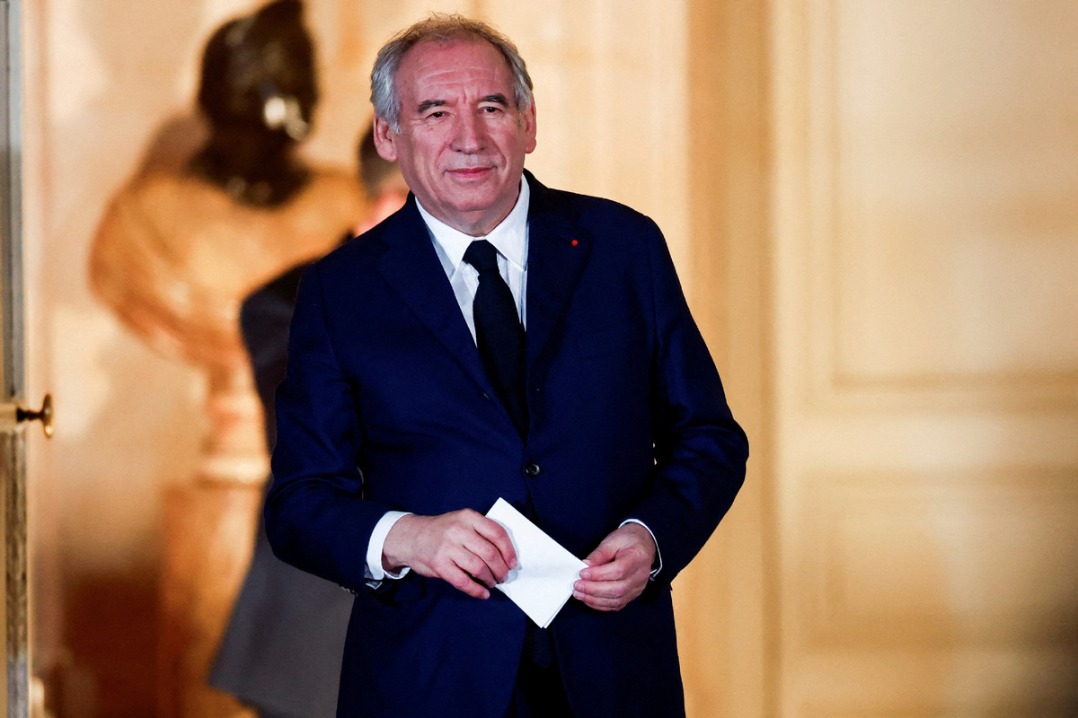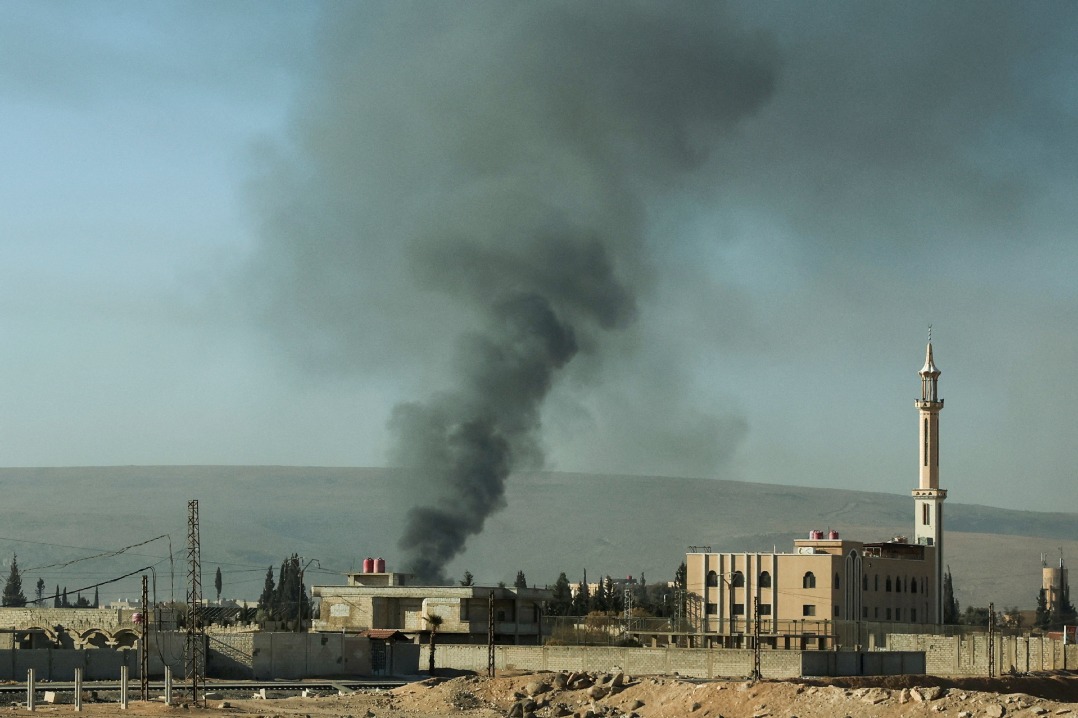Former Syrian president al-Assad details departure from Damascus to Russia

DAMASCUS -- Former Syrian president Bashar al-Assad released on Monday his first public statement since leaving Damascus on Dec 8, detailing the chaotic moments leading up to his departure for Russia.
The statement, released via the Syrian Presidency's Telegram account, addressed rumors surrounding al-Assad's departure and the collapse of his government after more than 13 years of civil conflict.
Al-Assad insisted that he did not plan the departure and remained in the capital city until the early morning hours of Dec. 8, attending to his responsibilities. When militant groups entered Damascus, he coordinated with "Russian friends" to relocate to the coastal province of Latakia, aiming to continue directing military operations from there, he added.
However, upon his arrival at Russia's Hmeimim Air Base, al-Assad realized that all remaining Syrian army positions had collapsed, and that ground forces had withdrawn from the front lines, said the statement.
With the situation deteriorating and the Russian base itself encountering drone attacks, al-Assad said Moscow arranged an immediate evacuation to Russia on the evening of Dec 8.
Al-Assad claimed that the idea of seeking asylum or relinquishing his post never arose before, saying his sole option had been to continue fighting.
He dismissed any notion that he would abandon the people of Syria, stressing he had refused "deals and temptations" throughout the war. Al-Assad noted that he remained in Damascus with his family during even the worst years of conflict, facing repeated threats of militant advances for more than 13 years.
The ousted president described himself as a leader who never aspired to personal power, viewing his role as part of a national project supported by the Syrian people.
With the state falling to what he termed "terrorists" and no capacity left to serve the public, he said the position of president became "meaningless."
Still, al-Assad insisted that his national identity and allegiance to Syria remain firm, expressing hope that the country will one day regain freedom and independence.
A militant alliance led by the Hayat Tahrir al-Sham group waged a major offensive from northern Syria on Nov 27 and had since swept southwards through areas held by al-Assad's government. Following territorial gains, including the capture of the capital Damascus, the alliance declared the end of al-Assad's rule on Dec 8.


































